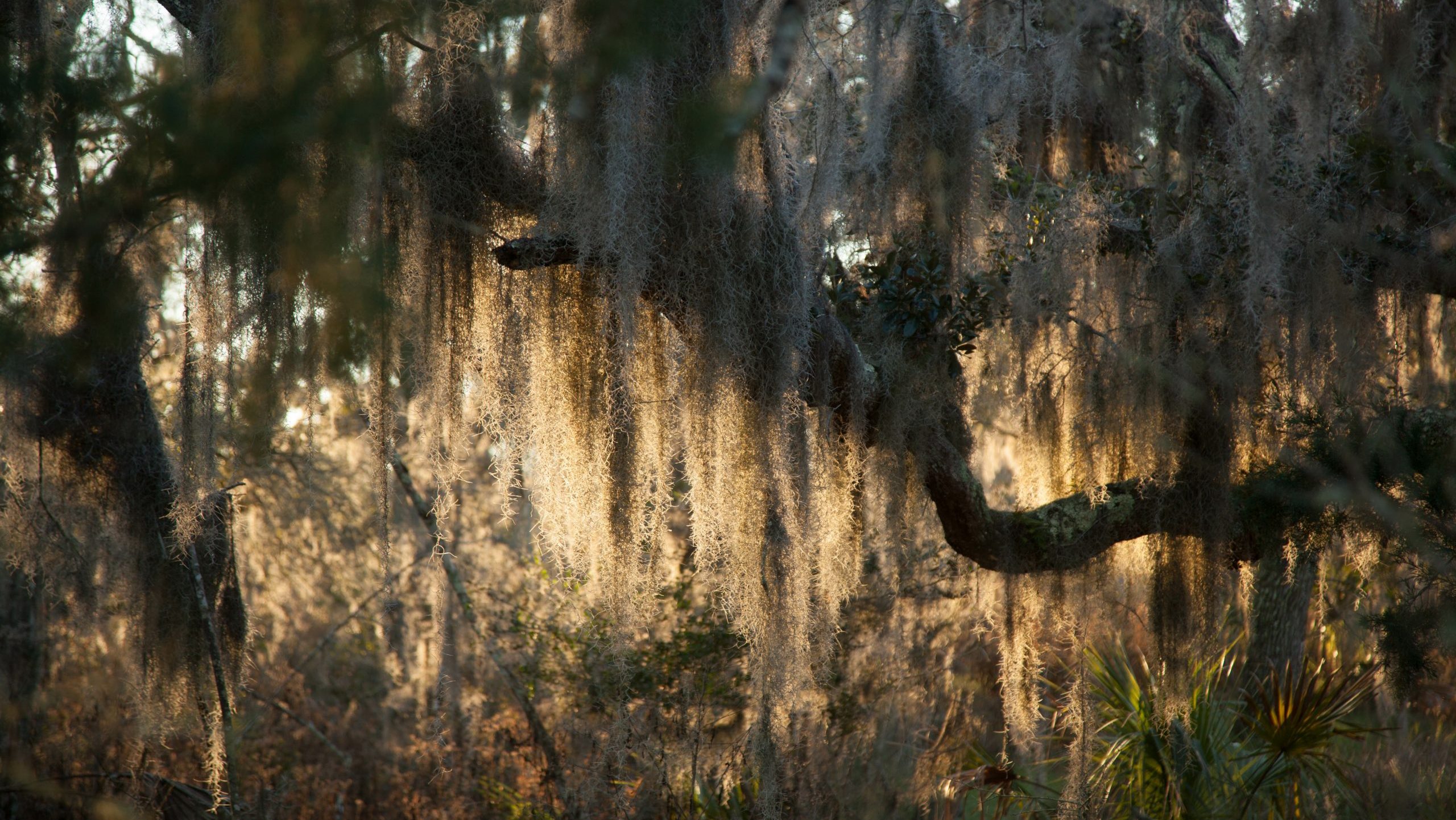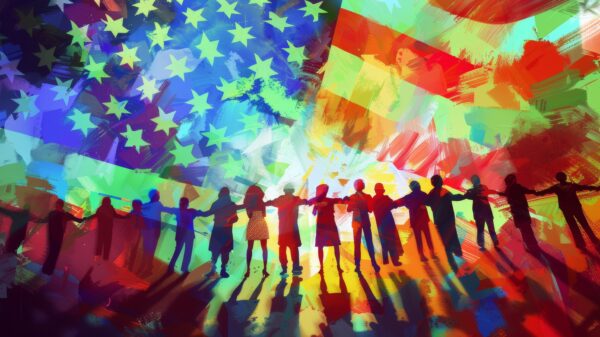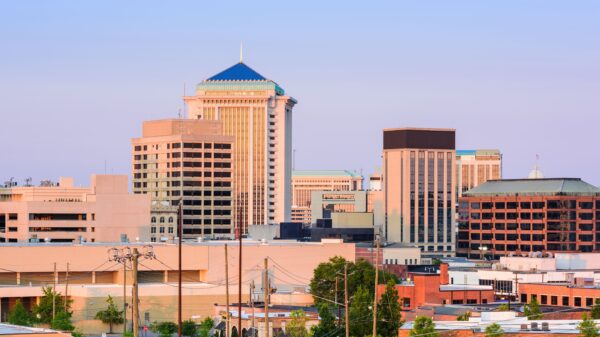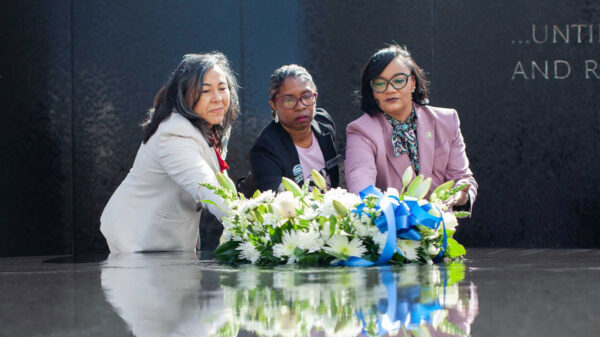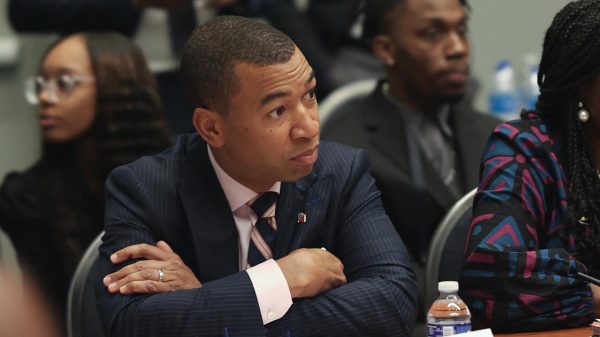|
Getting your Trinity Audio player ready...
|
I’ve lived in Alabama for 42 years. Until last Saturday, I’d never been to a Confederate cemetery.
It’s called Live Oak. Spanish moss hangs from the trees. Confederate flags are scattered everywhere. There are monuments to Robert E. Lee and Nathan Bedford Forrest.
The concentration of racist heritage was palpable. And it made me angry.
I was offended by this celebration and commemoration of a failed “nation” – premised on the belief that “the negro is not equal to the white man; that slavery subordination to the superior race is his natural and normal condition.” Even more offensive: Live Oak is a public space, cared for by the city of Selma.
Tax dollars enabling a Confederate space. We removed monuments and street signs for this very reason.
But it doesn’t appear Live Oak’s Confederate spaces are going anywhere. It’s the one battle the Rebels definitely have won.
I wasn’t prepared for the rush of emotions I felt at Live Oak. Especially after what I’d experienced that morning before breakfast, when a white couple suggested that I didn’t know my place.
You read that right. They tried to play me with the old uppity Negro trope. The old “know your place, boy” routine – racist Jim Crow etiquette.
I don’t blame this solely on being in the South. Racist etiquette was very much in vogue in the segregated 1970s Chicago that I grew up in. For example, it wasn’t uncommon back then for a white person to not hold a door open for the Black person behind him after he’d passed through the doorway.
When I came to Alabama in the early 1980s, it was almost always the opposite. White men routinely held doors open for me. Some would even step back to let me go through first.
Racism is as real in the North as it is in the South. But southern hospitality also is real. Decency routinely transcends race and politics down here.
Except on Saturday morning, when I approached the 5th floor elevator at the Embassy Suites in downtown Montgomery. The white couple was already standing there.
They did not make eye contact with me. They looked scruffy, unkempt, like maybe they were poor, working-class folks in town for a few nights of well-earned fun.
The elevator doors opened, and we both stepped forward. They got on first and I followed.
They were talking to each other, and I heard him say: “Good luck with that.” Then she turned toward me and without making eye contact said something like this: “See, that’s what happens when people don’t know any better than to get on the elevator with someone not of their race.”
Huh? Is this 1953 or 2023? Implying that I don’t know my place as a Black man because they are white?
What. The. Hell?!?!
I said nothing. Not that I didn’t feel a slow burning anger in my chest. I could have conjured up a good cussin’ out for both of them, the way I was feeling.
But I said nothing. And I’m glad I didn’t.
Imagine how wrong things could have gone, if our encounter had escalated to a full-scale argument. She, for example, could have cried rape.
One of the oldest tricks in the white racist handbook is for a white woman to accuse a Black man of trying to force himself on her. And her husband would have been a ready, willing false witness.
Worse, he could have been strapped. And after shooting me, he would have claimed that he was standing his ground against the big, angry Black man trying to harm him and his wife.
When we got to the ground floor and the doors opened, I gestured for them to exit first. He demurred and indicated I should go first. I did, never looking back.
But after the Live Oak visit, it occurred to me that the poor couple from that morning were the spiritual descendants of the Confederate dead we had walked among. Soldiers on a battlefield of that no longer exists.
They were the living embodiment of what Lee, Forrest and others had fought and died for. White supremacy as a government, and a way of life.
Which made them nothing more than cultural and ideological relics of a lost, treasonous cause.







































